Humanitarian aid unit gets new head
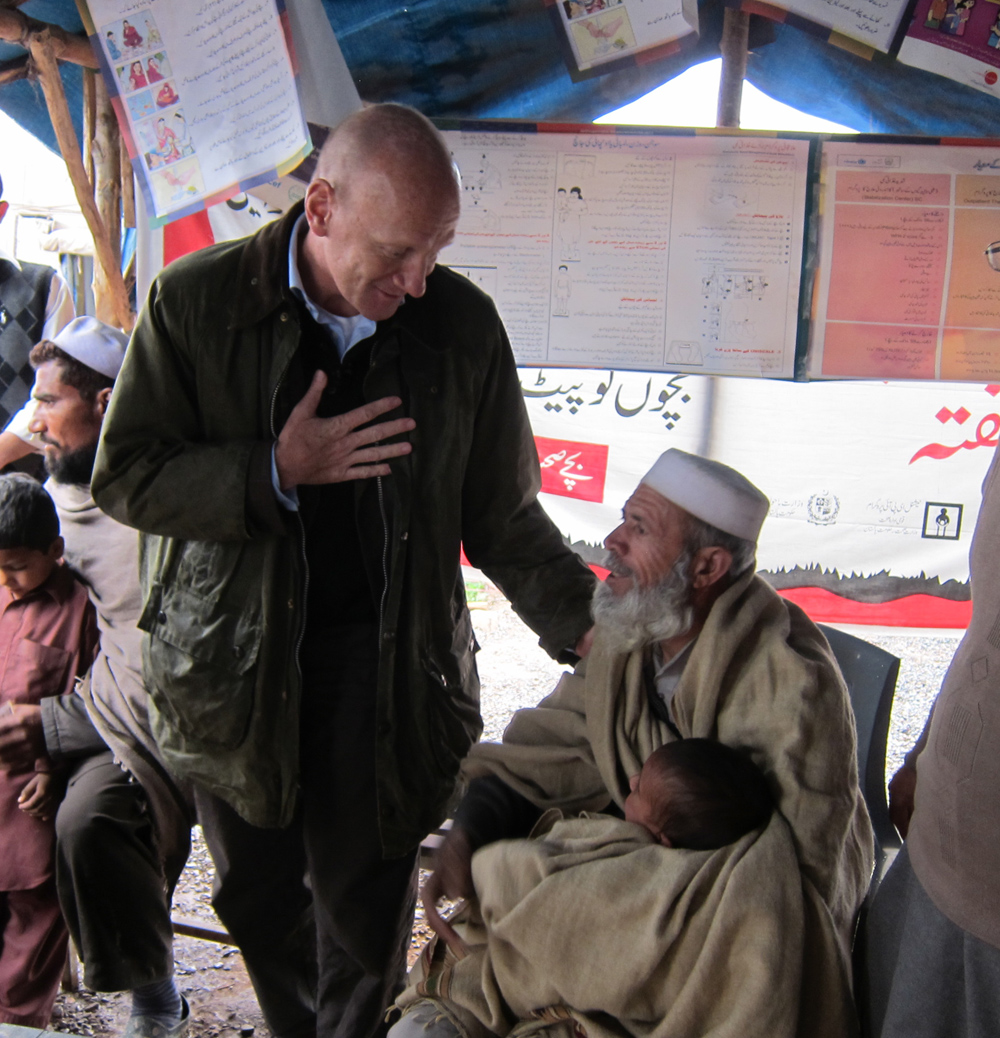
Manuel Bessler has been named as new head of the Humanitarian Aid Unit to succeed Toni Frisch who served in the post for more than a decade.
The government appointment comes after a long period of silence by the foreign ministry during which the humanitarian community in Switzerland was worried that the Swiss Agency for Development and Cooperation’s humanitarian arm could be integrated into its development work.
In an exclusive interview with swissinfo.ch, Bessler says he will do his utmost to keep up the excellent and important work of Swiss humanitarian aid.
The 53-year old trained lawyer and experienced field worker is currently head of the United Nations Office for the Coordination of Humanitarian Affairs (Ocha) in Pakistan. He will take up his new position in October.
He says Switzerland is a very important, recognised and respected donor and helps actors in the field implement principled and effective humanitarian activities.
swissinfo.ch: What would you like to achieve in this new post?
M.B.: My main goal is to make sure that Switzerland maintains its respected reputation as an important humanitarian player in the international community based on its humanitarian tradition, its expertise, its knowledge and its assets that it can bring in order to alleviate human suffering.
swissinfo.ch: Looking at your background you are obviously a committed field person. How does it feel to go back to your home country and work at SDC headquarters?
M.B.: This will certainly be a challenge but having worked at the UN in New York, working at headquarters is not new to me. The work at headquarters is very much part of humanitarian action. Without it, the field cannot work and without the field, headquarters is worthless.
This is an operation that needs both ends and after having been in the field for three years, I am actually looking forward to life in a more regulated environment, and of course, I am very happy to go back to my home country after so many years.
swissinfo.ch: In your work within the humanitarian field, were you involved at all with the SDC?
M.B.: The SDC is a partner I have had the privilege to work with for quite some time. Not only in Pakistan, but also in Jerusalem and when I worked in the policy department at UN headquarters in New York. I was in close contact with the SDC and they helped financing different projects that I was working on.
The SDC is not new to me but working within the organisation and being part of the team will be new to me. This is a challenge I am very happy and motivated to take on.
swissinfo.ch: You are succeeding Toni Frisch, who has been in the post for ten years and there will probably be some changes with your arrival. What are your plans for your new post?
M.B.: There will certainly be a learning period for me to get to know the SDC, the federal administration and the operational side of the organisation.
I look forward to meeting my future colleagues and sitting with them to make sure the SDC maintains an important part of Swiss foreign policy and continues to contribute its share with its humanitarian traditions and obligation.
swissinfo.ch: Within the SDC, development is a lot bigger than humanitarian aid, and there have been worries that the humanitarian side would be merged with the developing side. Do you think humanitarian aid will remain as it is, or do you think it will be downsized?
M.B.: It will be very important to work very closely with my colleagues from the developing side of the SDC. I do not see these as two separate activities. Humanitarian and development aid have to work hand-in-hand.
However, coming from the humanitarian field I am hoping very much that the humanitarian work remains a big part of Swiss foreign policy as it is all about saving lives – it has to be quick, well-coordinated and well-resourced.
In this field, Switzerland does not only have a tradition but also a lot of experience and expertise. It is an essential player in the international theatre, which I think is very important to maintain. I will do my utmost to keep up our values and expertise in this regard.
swissinfo.ch: Is there a particular field that, in your opinion, needs special focus within the humanitarian aid of the SDC?
M.B.: When it comes to the fast and proper deployment of search and rescue teams, Switzerland has a lot to offer and we have to maintain the preparedness of these assets. It is also very important to keep a presence on the ground and leave something behind, and not only to touch and go.
I also see an important contribution of the SDC’s humanitarian aid to the mid and long-term activities as well as keeping up its joint efforts with the development partners.
So, there are three elements we need to focus on: the immediate, quick and fast deployment of humanitarian assets; mid- and long-term work to build sustainability and capacities to rehabilitate damaged infrastructure; and the more long-term activities in terms of development work.
The unit is part of the Swiss Agency for Development and Cooperation (SDC), which comes under the foreign ministry.
The unit is made up of about 700 specialists in different fields available for direct action. It is a militia unit, i.e. the members have other jobs and work for it as and when needed.
The SHA provides emergency aid in cases of natural disasters, crises and conflicts. It also helps in reconstruction work and disaster preparedness.
Its budget for 2011 is SFr312 million ($352 million).
It works with UN organisations, the International Committee of the Red Cross, NGOs and states.
Manuel Bessler worked as the Head of the UN Office for the Coordination of Humanitarian Affairs in Pakistan for the past two years.
Between 1991 and 2000 he worked for the International Committee of the Red Cross (ICRC) in different field missions, including as legal advisor and head of sub-delegation in Israel and the occupied Palestinian territory; liaison and information delegate in Haiti; head of mission in Chechnya; and head of delegation in Iraq.
In 1994 he served as military assistant to the Force Inspector General of the UN Protection Force in the former Yugoslavia (UNProfor).
Since 2000, Bessler has been working with the UN Office for the Coordination of Humanitarian Affairs (Ocha) at the UN headquarters in New York and in different field missions, including Liberia, Afghanistan, and the Democratic Republic of the Congo as well as in the occupied Palestinian territory.
Before his work with the ICRC and the UN he practiced law in Zurich, Switzerland.
Bessler (53) is the author of several UN publications. He holds degrees from Zurich University and Harvard Law School.

In compliance with the JTI standards
More: SWI swissinfo.ch certified by the Journalism Trust Initiative
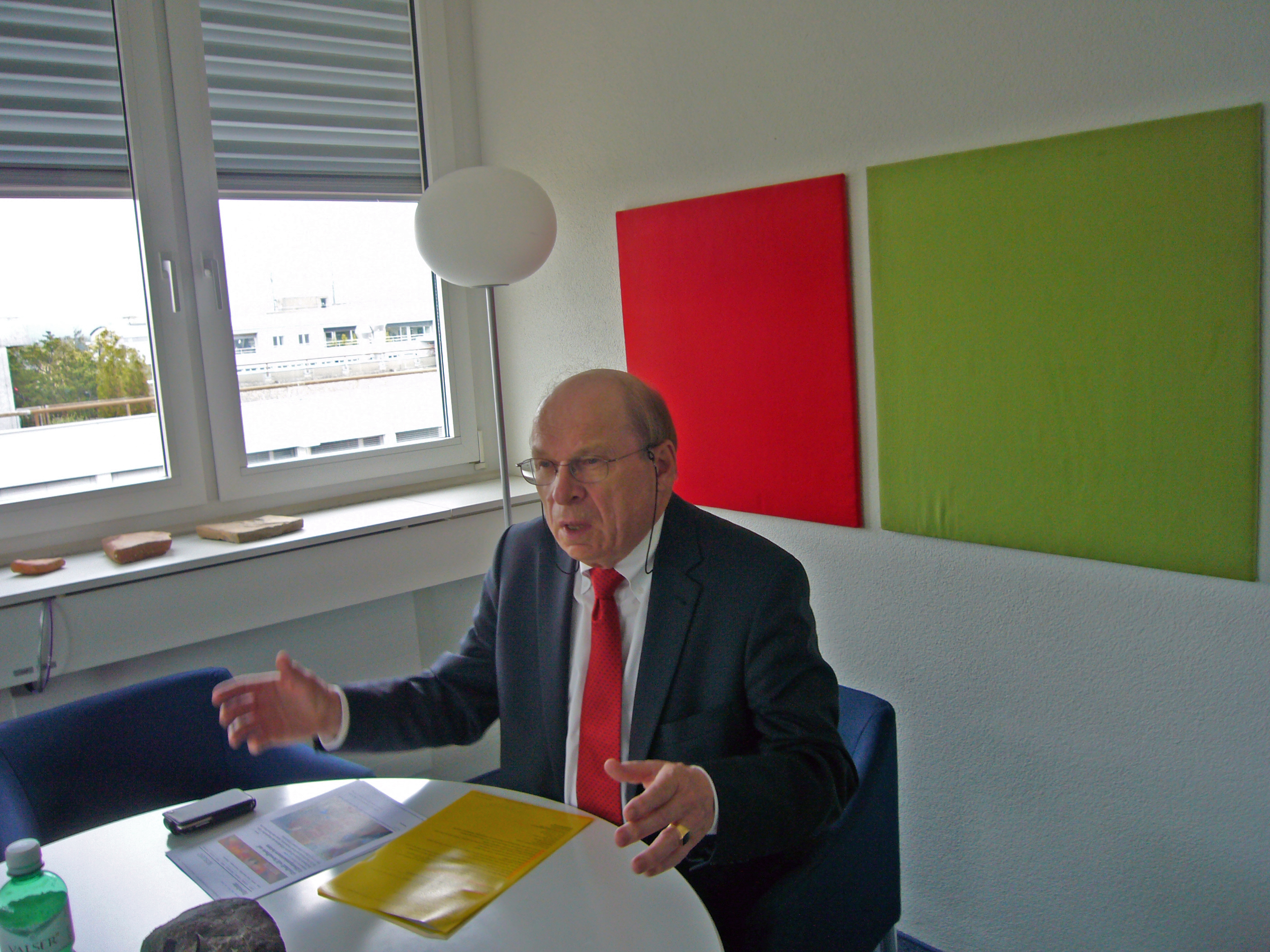
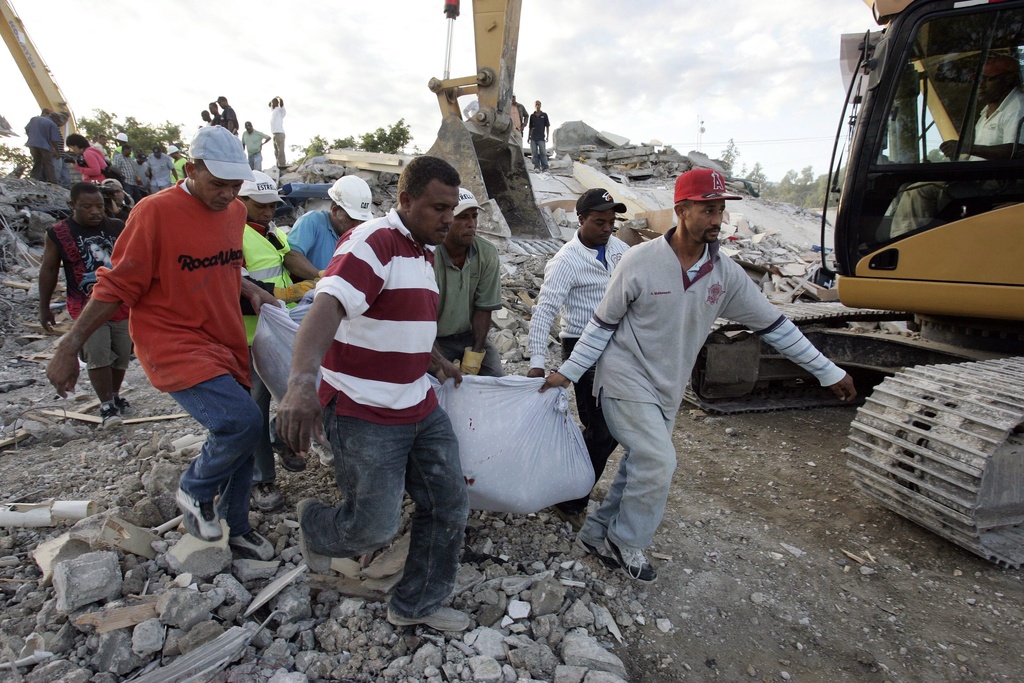

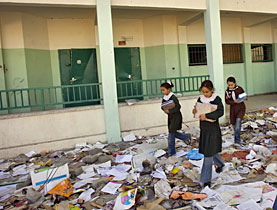
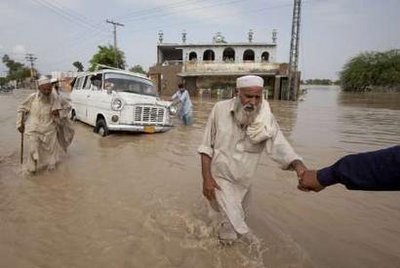
You can find an overview of ongoing debates with our journalists here. Please join us!
If you want to start a conversation about a topic raised in this article or want to report factual errors, email us at english@swissinfo.ch.